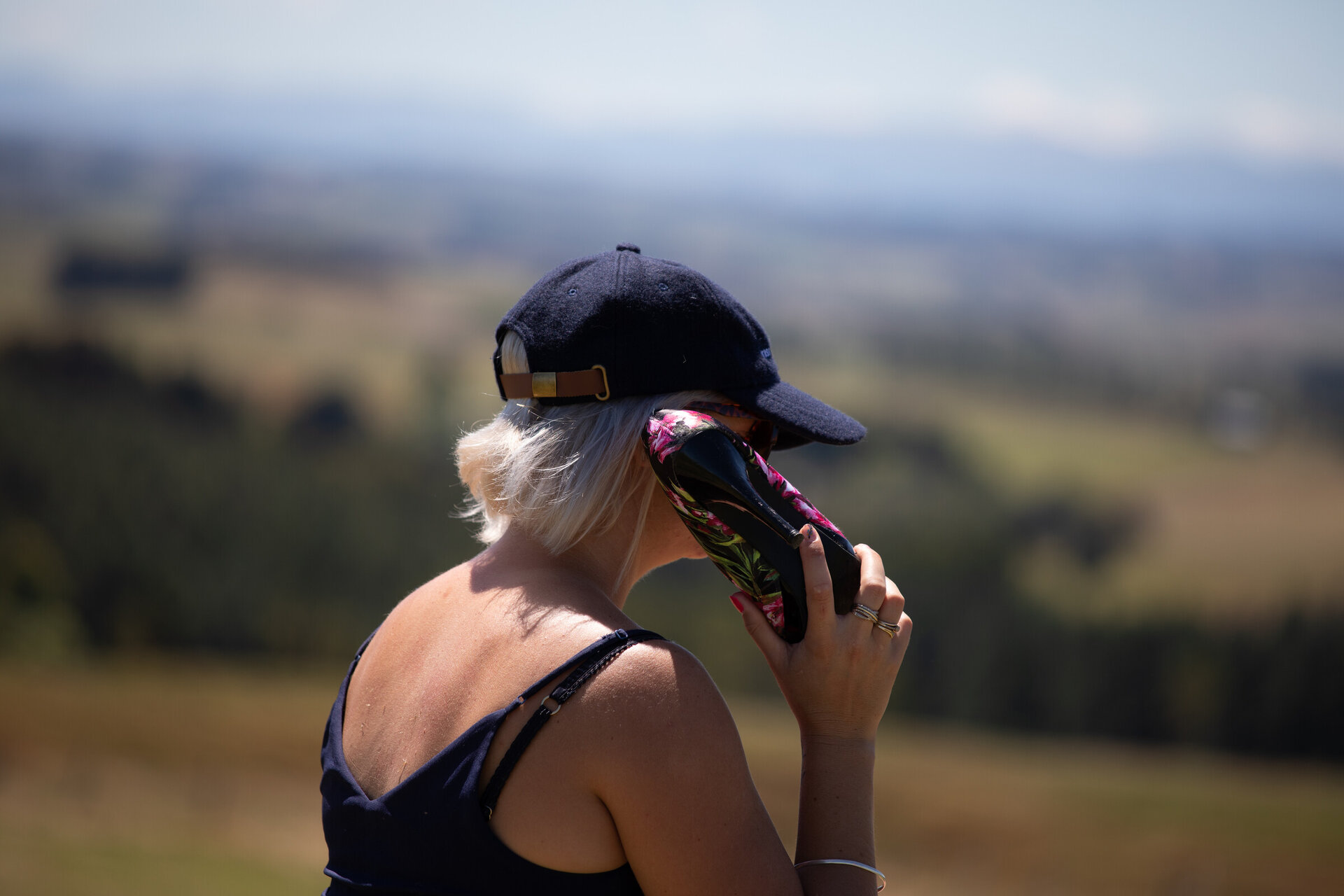One of our favourite times of year is when the KMPG Agribusiness Agenda is released. It didn’t disappoint.
Our Community Chatter Anna, saw a fellow fan geeking out over it online and reached out to have a bit of a chat. Siobhan O'Malley is a former sharemilker, aspiring farm owner and agribusiness enthusiast, her family recently sold the herd and shifted to Tasman to start a new venture in hops and another start up in the fibre sector. She loves keeping her finger on the pulse of all things agri in NZ! You can follow her on @pukekopastures.
Here is a summary of our chat:
1. What are your top 1-2 takeaways/calls to action from this year's Agenda?
That all business, on farm and off, is an infinite game and you need to make decisions like you are playing an infinite game.
That the Primary Sector needs to CONSCIOUSLY take themselves out of silos and collaborate across sectors more, in order to grow and adapt to the 2020s and to be in line with the expectations of the next generation, including involving the government in sector initiatives.
2. What do you see as the biggest shift in the 10 years since it was first published?
Some of the things that surprised me were how many things hadn't seen big shifts in the 10 year period. For example the number of livestock or the number of irrigated hectares, and on the consistent priority agri-leaders place on biosecurity. The big shift was in visitor numbers to NZ (increased 1.3 million per annum since the reports began). The report discussed and linked to the impact on and opportunity for the agri sector. The big shift that didn't surprise me was the urban people surveyed placing a higher importance on legislation and regulations for farming and the environment.
3. What do you think will be the biggest shift in the next 10 years?
Without doubt the biggest shift in the next 10 years will be to producing food and fibre with a zero carbon footprint, or lowering and eliminating the warming as a result of our production systems. I was stoked to read about the opportunity for NZ to be a country with food produced with a zero carbon attribute, and to extract consumer value from that, which in turn helps pay for the investment required on farm to meet those expectations. That would be a best case scenario! I also liked the idea New Zealand can "be the Teslas of the global food system."
I was not expecting the discussion on biotech (and GM?) to include the urban viewpoint that we should adopt it in NZ, as the use of this technology overseas is eroding NZ's traditional advantages. I wonder whether the ability to use those technologies would offer a benefit greater than being able to sell to premium customers who value the 100% GM Free status our products currently enjoy.
4. Who should read this and why?
This is a dense document, make no mistake, but I think it is important for everyone who owns a business or wants to own a business in the food and fibre sector, to read it. Knowledge is always power, and changes are less scary when you see them coming. The point is made all the time that the rate of change and disruption is every increasing in pace, and so being able to read and absorb information about global megatrends (page 61 onwards), that has been curated to be relevant for you, might just give you the extra bit of time you need to make quality decisions about the future in your own farm business or make better decisions if they need to be made quickly.
If you share my mindset, you start to look for the opportunities in the changes coming instead of being hit on the head with the challenges.
5. Anything else you'd like to share?
Interesting insight that the 2020s will be a decade for health and wellness themes for consumers, and it immediately made me start thinking about positioning our agribusiness to reflect that consumer focus.
The point was well made that availability of labour is an ongoing problem - it’s no longer going to be solved simply by paying well and offering good work conditions, like flexible scheduling, quality housing, training and so on. It’s a long term shortage not only affecting the Primary Sector. This topic is very central in dairy sector discussions, with talks around the importance of people on farms and what employers do to retain and attract staff. If the problem can't be solved by offering a better workplace, then you need to look at technology.
This made me look at investments in on farm technology to reduce labour in a more positive light, and investment in technology and innovation at an industry level has a more important focus, with the by-product that sectors are seen as technology focused, e.g. the Kiwifruit industry, which seems to attract people more easily.
Thank you so much for taking the time to chat with us Siobhan. It is a timely reminder that in order to stay ahead of the game we need to keep looking to the future, and the KPMG Agribusiness Agenda is a great tool to add to our annual reading.
Siobhan O'Malley
Siobhan is a former sharemilker, aspiring farmowner and agribusiness enthusiast, who recently sold the herd and shifted the family to Tasman to start a new venture in hops and another start up in the fibre sector. She loves keeping her finger on the pulse of all things agri in NZ! You can follow her on @pukekopastures



